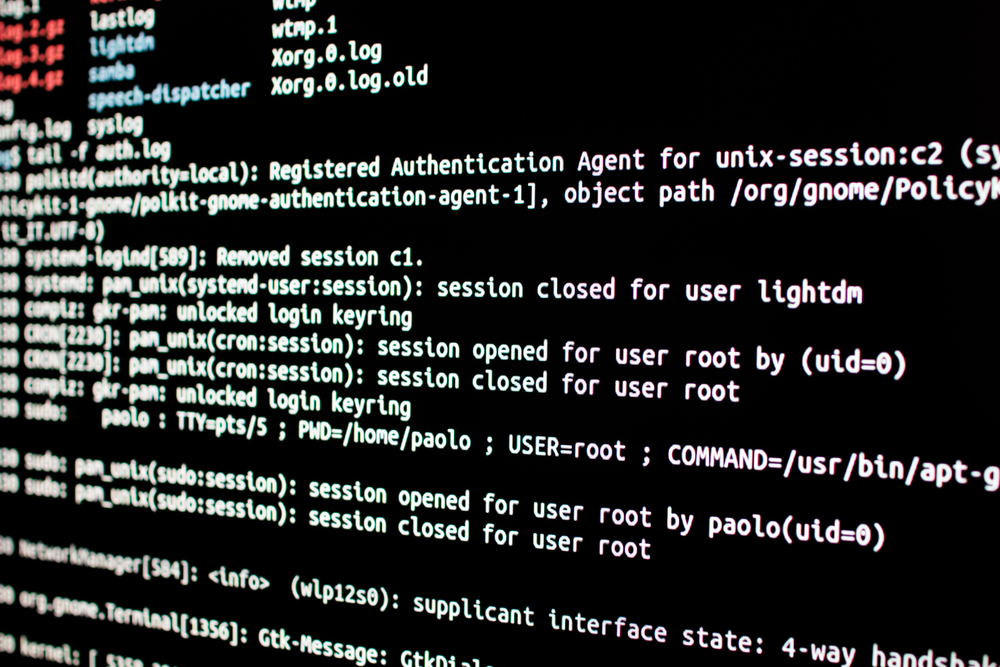Venafi has published the results of a study that evaluates how organizations manage and implement Secure Shell (SSH) in their environments. Over 410 IT security professionals participated in the study, which reveals a widespread lack of SSH security controls.
Cybercriminals can abuse SSH keys to secure and automate administrator-to-machine and machine-to-machine access to critical business functions. According to Venafi’s research, even though SSH keys provide the highest levels of administrative access they are routinely untracked, unmanaged and poorly secured. For example, 63 percent of respondents admit they do not actively rotate keys, even when an administrator leaves their organization, allowing them to have ongoing privileged access to critical systems.
“A compromised SSH key in the wrong hands can be extremely dangerous,” said Nick Hunter, senior technical manager for Venafi. “Cybercriminals can use them to access systems from remote locations, evade security tools, and often use the same key to access more systems. Based on these results, it’s very clear that most organizations have not implemented SSH security policies and restricted SSH access configurations because they do not understand the risks of SSH and how it affects their security posture.”
Key study findings:
· Sixty-one percent of respondents do not limit or monitor the number of administrators who manage SSH; only 35 percent enforce policies that prohibit SSH users from configuring their authorized keys leaving organizations blind to abuse from malicious insiders.
· Ninety percent of the respondents said they do not have a complete and accurate inventory of all SSH keys so there is no way to determine if keys have been stolen, misused or should not be trusted.
· Just twenty-three percent of respondents rotate keys on a quarterly or more frequent basis. Forty percent said that they don’t rotate keys at all or only do so occasionally. Attackers that gain access to SSH keys will have ongoing privileged access until keys are rotated.
· Fifty-one percent of respondents said they do not enforce “no port forwarding” for SSH. Port forwarding allows users to effectively bypass the firewalls between systems so a cybercriminal with SSH access can rapidly pivot across network segments.
· Fifty-four percent of respondents do not limit the locations from which SSH keys can be used. For applications that don’t move, restricting SSH use to a specific IP address can stop cybercriminals from using a compromised SSH key remotely.
The study was conducted by Dimensional Research and completed in July 2017. It analyzed responses from four hundred eleven IT and security professionals with in-depth knowledge of SSH from the United States, United Kingdom and Germany.




